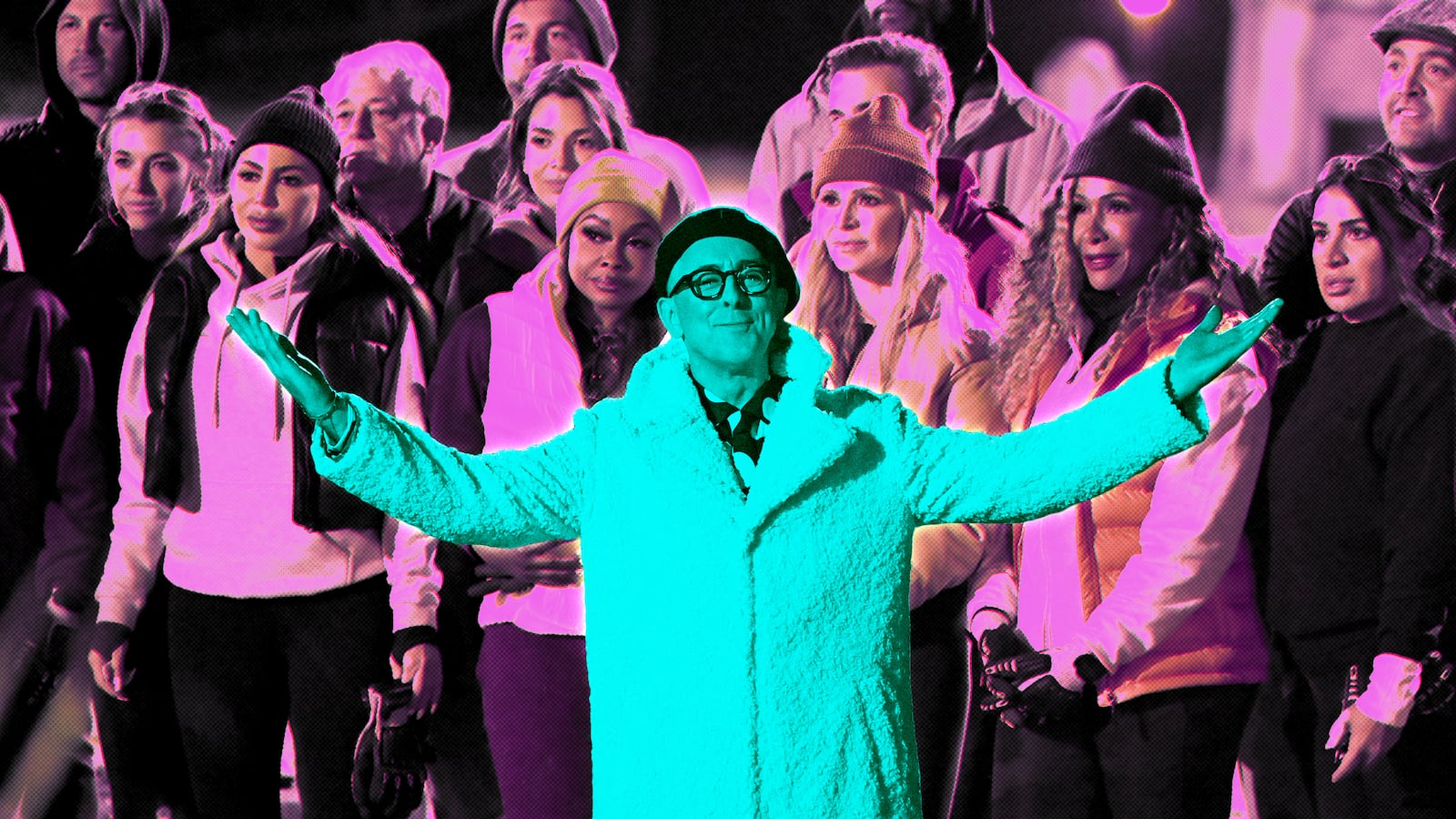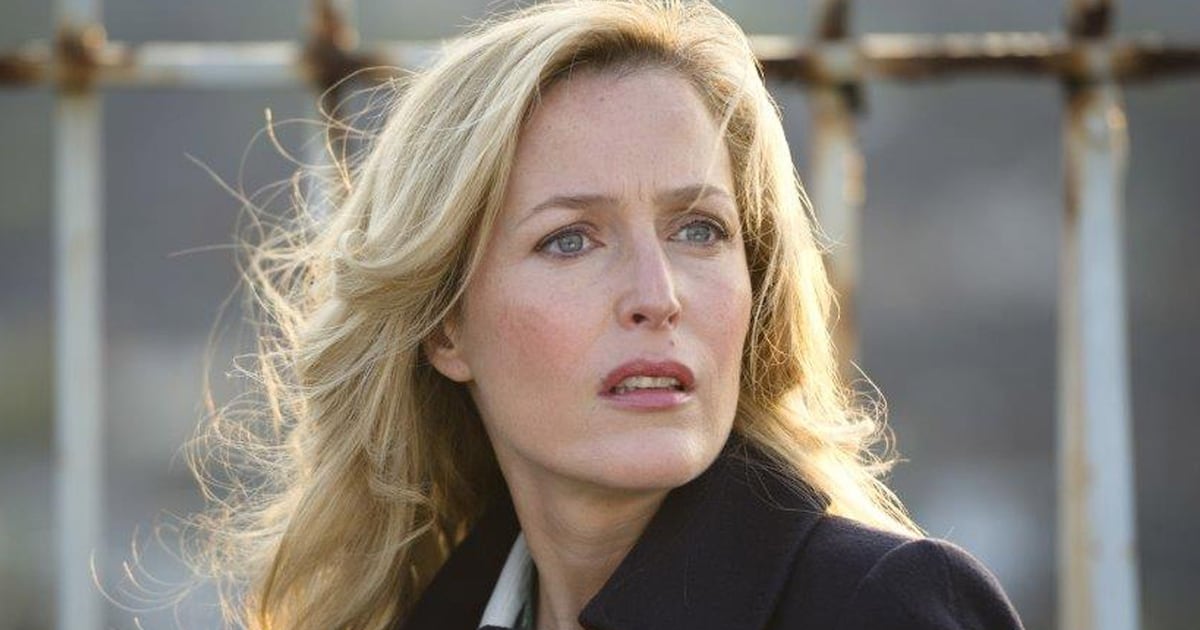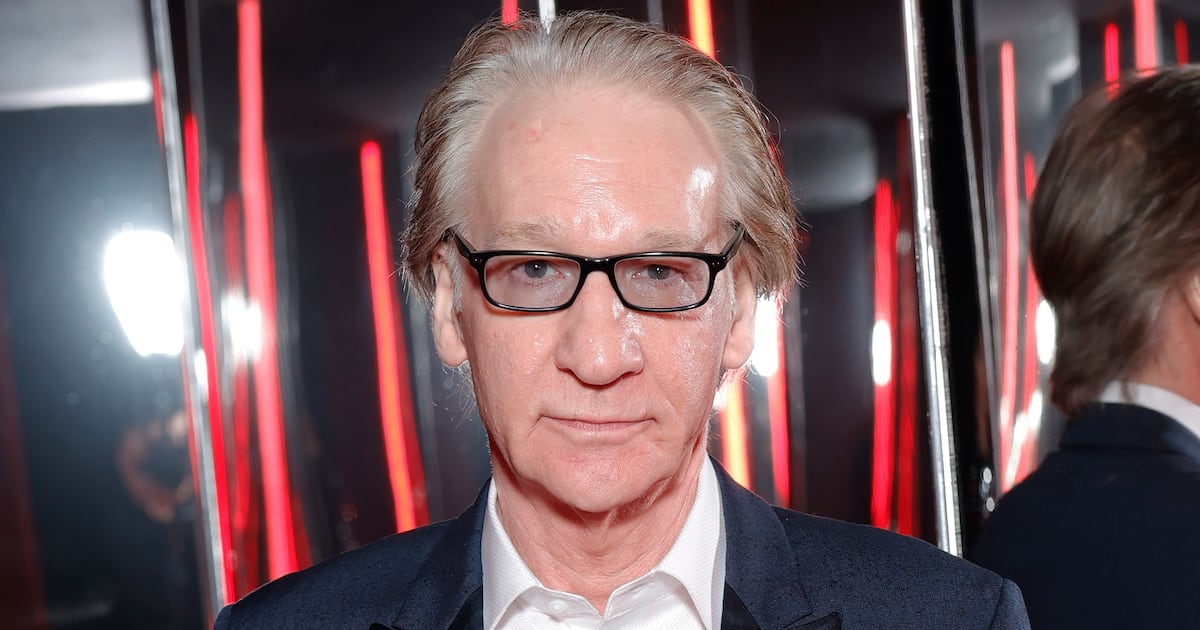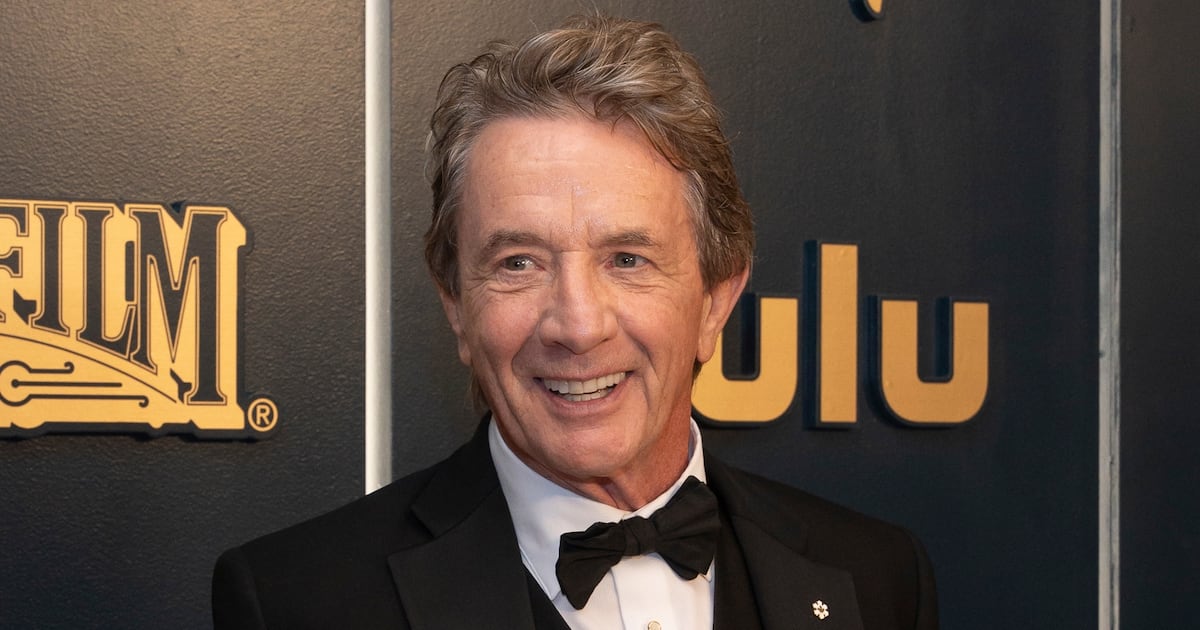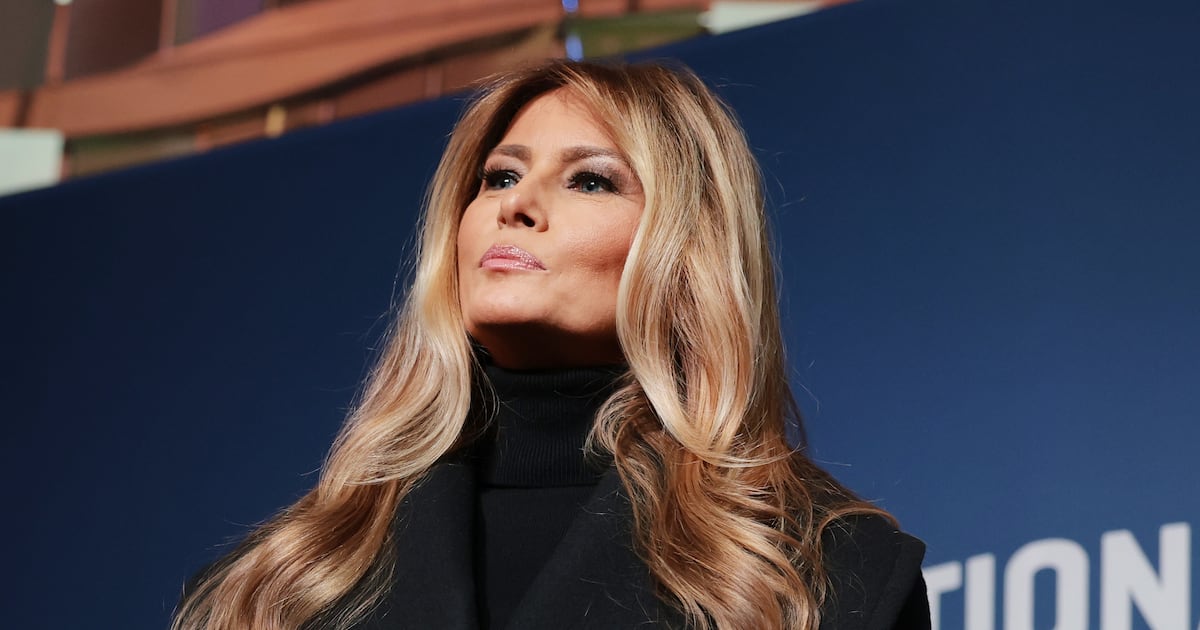What is it about the Peacock competition series The Traitors that has made the show so popular, outside of the fact that it is the greatest reality TV program that we have ever known or ever will know? After all, quality and popularity aren’t always circles that intersect on the pop culture Venn diagram. In fact, they often seem like magnets with the same charge, repelling each other in opposite decorations.
The viewership numbers for Season 2 of the series, a game of secret murder played in a Scottish castle overseen by Alan Cumming in a delectable array of befeathered fashion, speak to its increase in attention. According to The Hollywood Reporter, the season had the biggest debut of any reality TV series on Peacock, experienced a 75 percent jump in audience from Season 1, and, when Nielsen’s streaming rankings come out in the middle of the month, is expected to sit in the Top 10 alongside the platform’s other runaway hit, the TV version of Seth MacFarlane’s Ted.
Take that for what you will; these streaming numbers are always a little opaque and dubious. But I can attest to its popularity through my very scientific (not scientific at all) anecdotal research (group texts and the people I follow on Twitter) and say that every person I know is currently watching—and is absolutely obsessed with—this show. Phaedra Parks saying “Lord, not Ekin-Su,” a series of words that would have made no sense mere weeks ago, now appears on my phone more often than the previous hits of “Hello,” “How have you been?” and “You owe me money.”
My gay friends watch the show. (Taste, obviously.) The people who are diligent about keeping up on whatever is hot at the moment watch it. The ones who are only ever watching one or two shows at a time (baffling behavior; don’t understand it) have added it to their roster. The reality TV enthusiasts are rabid about it. And even the normies, the ones who don’t venture outside of HGTV marathons and rewatching Grey’s Anatomy or Gilmore Girls on Netflix are filling up their Stanley tumblers and tuning in each week. (Truly on theme: Stanley tumblers, the real-life poison chalice!)
How did this reality show come to be the connective tissues between these groups?

Trishelle Cannatella, Ekin-Su Cülcüloğlu, Sandra Diaz-Twine, Kevin Kreider, Parvati Shallow, Larsa Pippen, Shereé Whitfield, Dan Gheesling, Phaedra Parks, Mercedes “MJ” Javid, and Chris 'C.T.' Tamburello
PeacockI think it’s partly due to the impressive word-of-mouth campaign that accompanied Season 1 of the series, and knowing you could jump into Season 2 cold-turkey. That was my path to discovering the joys of Alan Cumming presiding over a motley crew of wacky reality TV alumni with all the dramatic grandiosity of a Shakespearean character contemplating patricide.
But I also think that, particularly with how the second season was cast, The Traitors hit on something that manages to be both familiar and singular at the same time. Whereas the first season featured a cast that was a mix of famous people and plebeians, Season 2’s roster is composed entirely of standout reality TV veterans, plus a handful of random public figures adjacent to the medium. (Whoever thought to add a former member of Parliament to the mix was really grasping at straws, yet ended up being an accidental genius.)
The Traitors game itself owes heavily to shows like Survivor and Big Brother. Cumming selects a small group of “Traitors” among the cast of “Faithfuls.” Only the Traitors know each other’s identity, and it’s the Faithfuls’ job to sniff out who they are and vote them out of the castle. Meanwhile, the Traitors get to murder one Faithful each night, observing like secret agents throughout the days’ challenges and the cast’s strategizing, eliminating anyone who might unveil them.
It’s understandably satisfying then, if you’re a fan of Survivor or Big Brother to see that strategizing happen, especially with Survivor alums Parvati Shallow and Sandra Diaz-Twine and Big Brother’s Dan Gheesling and Janelle Pierzina emerging as vocal presences from the start. They’re in their element here. Just as fun, though, is watching the stars who are very much out of their element, like, say, when you take a Real Housewife and plop her inside a Scottish castle to play a game of wits.
Real Housewives Larsa Pippen, Tamra Judge, Phaedra Parks, and Shereé Whitfield are all on this season, alongside fellow Bravolebs Kate Chastain (Below Deck) and Mercedes “MJ” Javid (Shahs of Sunset).
First of all, seeing them interact with people from a wildly different type of series, like The Challenge veterans Johnny Bananas, CT Tamburello, and Trishelle Cannatella, is surreal, like if you were watching Downton Abbey and all of a sudden Bart and Homer Simpson show up. But there’s another element of worlds colliding in seeing them inject their penchant for throwing shade, reading enemies, and starting screaming matches as a defense mechanism into the arena of reality competition.
How do you make a reality competition more exciting? Bring a wordsmith like Phaedra Parks into the mix to deliver her arias of creative insults and hilarious commentary.
The whole “this is like seeing a polar bear while on African safari” element to the show is consistently surprising. The assumption is that former dating show cast members like Love Island’s Carsten “Bergie” Bergenson and The Bachelor’s Peter Weber would be out of their league, but Weber especially has stunned as one of the shrewdest players in the Traitors game. On the flipside, Dancing With the Stars’ Maksim Chmerkovskiy comes off as completely clueless and at a loss, as if he had choreographed an intricate paso doble, but when he arrived on the dance floor, waltz music started playing.
The tone of the series is also fascinating, and a departure from what we’re used to. There’s a grave seriousness to the proceedings that double back and become actually quite cheeky. That’s certainly true of Cumming’s narrating, oration that’s as fabulous and dripping with flair as his wardrobe. When he arrives to greet the cast each morning, they instinctively applaud his latest look; at home, I’m unconsciously doing the same thing. It’s what the ensembles deserve.

Alan Cumming
PeacockThere are hilarious interstitials that are clearly posed, like Bling Empire’s Kevin Kreider contemplating game strategy while sexily gazing off into the distance from the tub where he’s soaking naked, or Larsa Pippen taking notes while a framed photo of her boyfriend, Marcus Jordan, sits next to her. There’s so much confidence in the juiciness that the game provides that The Traitors then gets to have some goofy fun with these elements.
The most gratifying thing that comes from The Traitors, and the reason I think it’s hooked everyone who’s sampled it, is its gifting to viewers of their pastime: judging people.
The audience is given all of the information every episode: who is a Traitor, who is a Faithful, what everyone knows, and what their strategies are. So we get to scream at the TV at bozos making bad moves, gasp giddily when someone is surprisingly on the right track, and generally project that we are smarter than everyone else. Would I be a good Traitor? Dear God, no. But the beauty of this series is that I get to lie to myself and act like I am. Greatest show on television.

